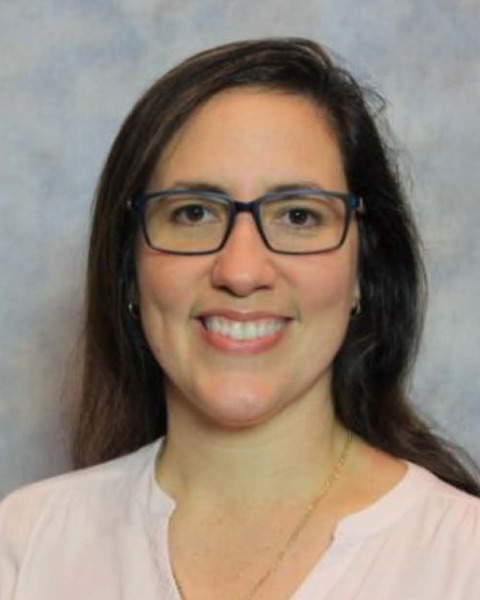BIOMEDICAL RESEARCH
BSL-4 Non-Human Primate Filovirus Research from the Veterinary Pathologist Perspective
Thursday, September 26, 2024
7:00 PM - 7:50 PM CST
Location: 110 B
CE Hour 1
CE Hours: 1
RACE Hours: 1
RACE Hours: 1
Texas Biomedical Research Institute (TxBiomed) has the only privately-owned biosafety level 4 (BSL-4) laboratory focused on developing vaccines and therapeutics against high-consequence viral pathogens. The Maximum Containment Contract Research Program (MCCR) comprises a team of specialized staff with appropriate certifications and approvals to run a BSL-4 facility and develop select agent experimental models needed for animal rule studies. Researchers at TxBiomed study how hemorrhagic fever viruses (HFV) replicate and spread in vitro and in vivo using rodent and non-human primate models. TxBiomed veterinary pathologists support the MCCR program by performing necropsies and generating data detailing the pathology of HFV such as Ebola and Marburg virus. Necropsy procedures follow established protocols with whole body assessment and tissue collection lists similar to necropsies performed in a diagnostic setting. Necropsies are performed inside a bio-bubble within the BSL-4 laboratory with additional safety measures including a positive pressure suit and at least five layers of gloves, including cut-proof gloves. Cynomolgus and Rhesus macaques are experimentally infected with Ebola and Marburg virus via aerosol or intra-muscular injection. Systemic pathologic markers of Ebola and Marburg virus in the cynomolgus and rhesus macaque models are similar including the following observable features: dehydration, diarrhea, melena, epistaxis, rash, muscle necrosis at the site of inoculation, lymphadenitis, hepatic, splenic, and lymph node necrosis, and multiple organ hemorrhages. Necropsy findings are critical for validating the qualities of an NHP research model and assessing the effectiveness of interventional strategies (vaccines & therapeutics).

Olga D. Gonzalez, DVM, Diplomate ACVP
Veterinary Pathologist Professor
Texas Biomedical Research Institute Southwest National Primate Center
